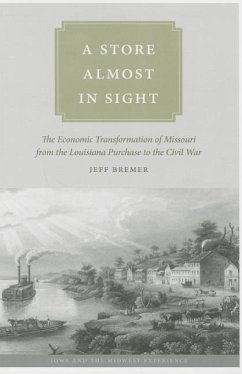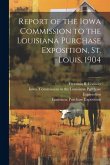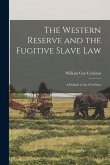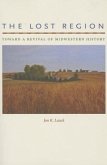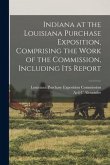A Store Almost in Sight tells the story of commercial development in central Missouri from the early days of American settlement following the Louisiana Purchase to the Civil War. Focusing on those counties near or on the Missouri River, historian Jeff Bremer confirms that the history of the frontier is also the history of the spread of capitalist values. The letters, journals, diaries and travel accounts of Missouri settlers and visitors reveal how small decisions made by Missouri's rural white settlers - ranging from how much of a certain crop to plant to how many eggs to take to the local store - contributed to the establishment of a market economy in the state. Most Missourians welcomed the opportunity to take part in commercial markets. Farmwomen sold eggs or butter to peddlers and in nearby towns, while men took surplus corn or pork to stores for credit. Immigrants searched for the most fertile land closest to waterways, to ensure they would have large harvests and an easy way to ship them to market. Families floated farm goods downriver until steamboats transformed rural life by drastically reducing the cost of transportation and boosting farm production and consumption. Traders also trekked west across the plains to trade at the inland entrepot of Santa Fe. The waves of migrants headed for Oregon and California in the 1840s and 1850s further encouraged commercial development. However, most white settlers lacked the necessary financial means to be capitalists in a technical sense, seeking instead a "competency," or comfortable independence. This fresh reinterpretation of the American frontier will interest anyone who wants to understand the economic and social significance of westward migration in U.S. history. It gives the reader a gritty, grassroots sense of how ordinary people made their livings and built communities in the lands newly opened to American settlement.
Hinweis: Dieser Artikel kann nur an eine deutsche Lieferadresse ausgeliefert werden.
Hinweis: Dieser Artikel kann nur an eine deutsche Lieferadresse ausgeliefert werden.

